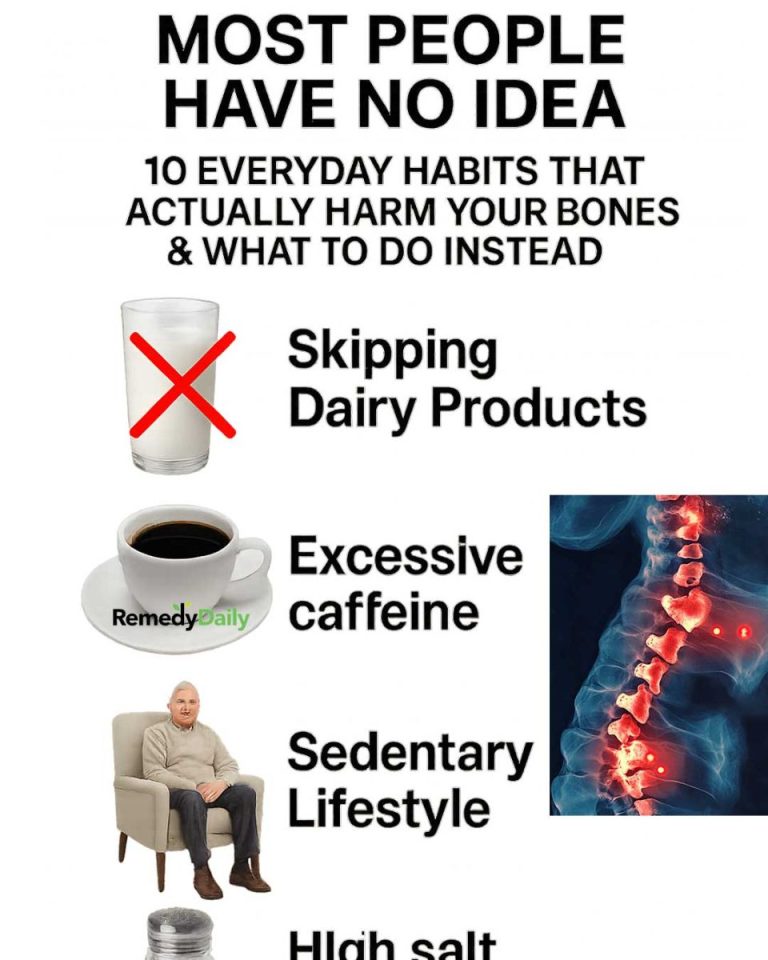ADVERTISEMENT
Bone health is a crucial aspect of overall well-being, yet it often goes unnoticed until problems arise. Our bones provide structure, protect organs, anchor muscles, and store calcium. As we age, maintaining bone health becomes increasingly important to prevent conditions like osteoporosis, which affects millions worldwide. Understanding the factors that contribute to bone strength and the habits that can undermine it is essential for long-term health.
The Importance of Maintaining Strong Bones
Strong bones are vital for mobility, balance, and overall physical health. They support our body's framework and play a key role in protecting vital organs. As we age, bone density naturally decreases, making bones more susceptible to fractures. Maintaining strong bones through a balanced diet, regular exercise, and healthy lifestyle choices can significantly reduce the risk of bone-related diseases and improve quality of life.
Habit 1: Skipping Dairy Products
Dairy products are rich in calcium, a mineral essential for bone health. Many people avoid dairy due to lactose intolerance or dietary preferences, missing out on this crucial nutrient. Instead, consider lactose-free dairy options or fortified plant-based alternatives like almond or soy milk. Incorporating other calcium-rich foods such as leafy greens, almonds, and tofu can also help meet daily calcium needs.
Habit 2: Consuming Excessive Caffeine
While a morning cup of coffee is a staple for many, excessive caffeine intake can interfere with calcium absorption, weakening bones over time. It's important to moderate caffeine consumption and balance it with calcium-rich foods. Opt for decaffeinated beverages or herbal teas, and ensure you're getting enough calcium to counteract any potential negative effects.
Habit 3: Smoking and Its Impact on Bone Density
Smoking has a detrimental effect on bone health, reducing bone density and increasing the risk of fractures. The toxins in cigarettes interfere with the body's ability to absorb calcium, leading to weaker bones. Quitting smoking is one of the best steps you can take to improve bone health, alongside adopting a diet rich in calcium and vitamin D.
Habit 4: Leading a Sedentary Lifestyle
Physical activity is crucial for maintaining bone density. A sedentary lifestyle can lead to bone loss and increased fracture risk. Incorporating regular weight-bearing exercises such as walking, jogging, or resistance training can help strengthen bones. Aim for at least 150 minutes of moderate-intensity exercise per week to support bone health.
Habit 5: Excessive Alcohol Consumption
ADVERTISEMENT
Pages: 1 2
ADVERTISEMENT
